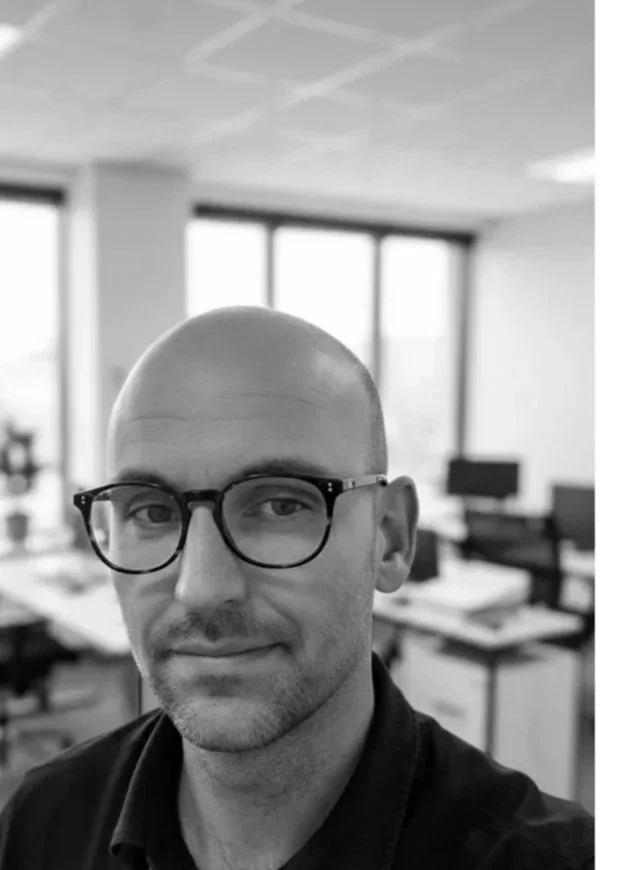Blog
Most eyecare blogs are… well, boring. They read like recycled Wikipedia entries, thinly disguised textbook summaries, or clumsy ads pretending to be education. This blog is different. Here, eye health collides with physics, technology, and curiosity.
Dr. Robert Burke (optometrist and co-founder of Calgary Vision Centre) has spent over 18 years pushing the boundaries of what’s possible in eye care. Known for his obsession with optics, physics, and the math behind human vision, he brings an explorer’s mindset to every topic. Instead of repeating what’s already out there, he reframes the questions and chases the answers down unexpected paths.
This blog is where those deep dives come alive. It’s a place for people who want to understand not just what vision does, but why — and over a million readers have joined that journey so far.

4 out of 5 people who are blind don't need to be
Clean your furnace air ducts. Get teeth cleaned twice. Get approximately 10 haircuts. These are things that come at a modest annual expense that many of us do every year. Why? Because maintenance is a good form of prevention. So why then does the average person go 4 years between eye checkups?

Dont sit so close to the TV?
We've all been told to avoid it, but is sitting too close to the TV actually bad for the eyes?

The great carrot myth
Fairly regularly at the end of an eye exam, a patient will say "Or maybe I should just eat more carrots?". I usually force a half-hearted laugh and a tepid agreement before explaining that Kale is actually what they should be consuming, and a little look back into life in WW2 Britain would explain where the carrot myth began.

JS Bach, a quack and Cataracts.
In 1750, legendary composer Johann Sebastian Bach was losing his eyesight. At the same time, a self-styled "healer" was "curing blindness" in flamboyant displays in town squares across Europe, to the delight of roaring crowds. They would eventually meet. What could go wrong?

The Longest Second
At one time or another, we have all found ourselves quickly glancing up at a clock or a blinking light only to notice that it seems to briefly pause before resuming its normal rhythm again. How is this possible?

The Thicker the Glasses, the Smarter the Person?
Eager job seekers and motivated employees are always trying to show how intelligent they are in hopes of landing a new job or scoring a coveted promotion. They try to talk smart, dress smart, act smart, and probably are smart, but it turns out one of the best validations of being smart might just be wearing their glasses (next to walking around with their IQ pinned to their name tag).

How to keep childhood myopia under control
The eye chart showed the big 'E', and your child guessed it was a 'cat'. Either somebody needs to get the cat out of the exam room, or your little one may need glasses. What's the best plan of attack, not only to help now but to also help slow down the rate of degradation later on? After all, the number one fear I hear from patients is "I don't want to end up having glasses like Bubbles" ( I am not joking).

